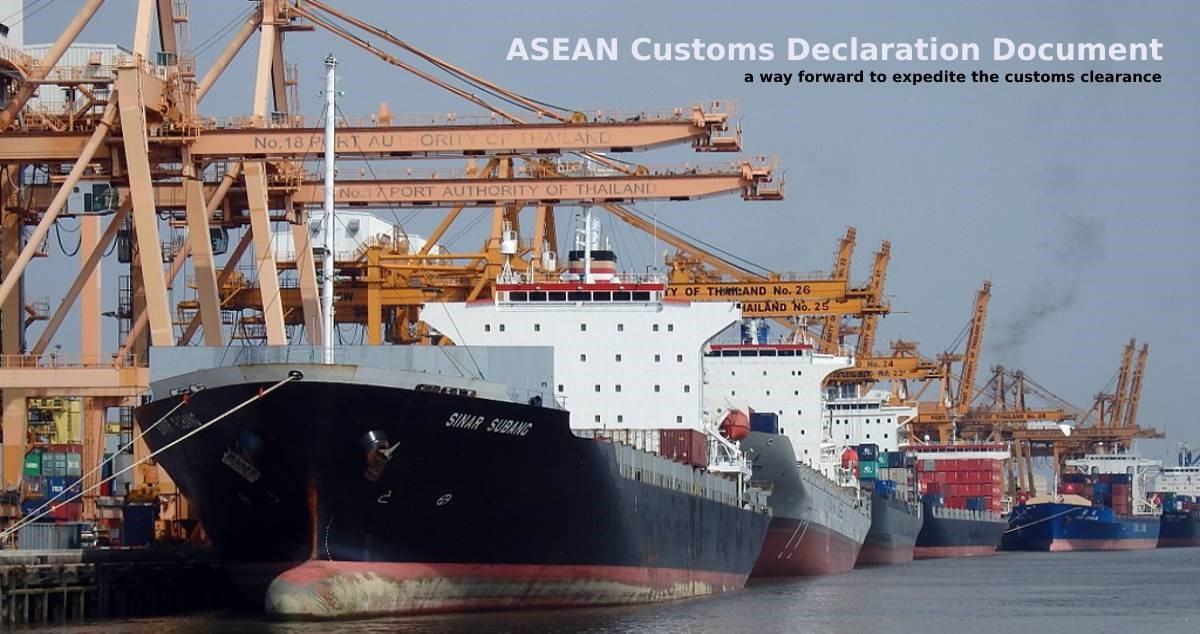
What is the ASEAN Single Window?
The ASEAN Single Window (ASW) is a regional initiative that connects and integrates National Single Window (NSW) of ASEAN Member States. The ASW objective is to expedite cargo clearance and promote ASEAN economic integration by enabling the electronic exchange of border trade-related documents among ASEAN Member States (AMS).
In December 2019, all AMS (Brunei Darussalam, Cambodia, Indonesia, Lao PDR, Malaysia, Myanmar, the Philippines, Singapore, Thailand and Viet Nam) joined the ASW Live Operation which allowed the granting of preferential tariff treatment based on the ASEAN Trade in Goods Agreement electronic Certificate of Origin (ATIGA e-Form D) exchanged through the ASW.
In December 2020, the live exchange of the ASEAN Customs Declaration Document (ACDD) through the ASW was started. Since February 2022, six AMS, namely Cambodia, Malaysia, Myanmar, the Philippines, Singapore, and Thailand have exchanged the ACDD, while the remaining AMS would join within 2022.
Following these successes, the exchange of additional electronic trade related-documents has been planned. The electronic Phytosanitary (e-Phyto) certificate is targeted to be exchanged in Q3 2022 by Indonesia, Malaysia, and Thailand, while the electronic Animal Health (e-AH) certificate is under the discussion.









